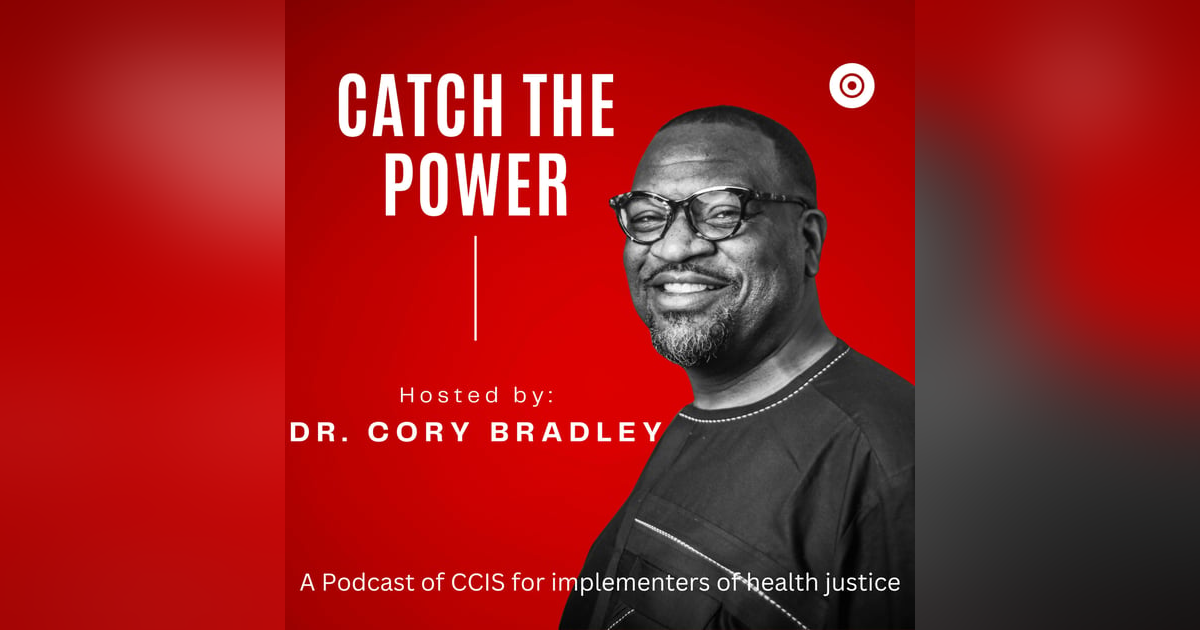
Sign up to get updates from us
By signing up, you agree to receive email from this podcast.

Dr. Tucker-Seeley is currently the Vice-President of Health Equity at ZERO- Prostate Cancer. In this role, he leads the development and implementation of ZERO’s health equity strategy to reduce racial/ethnic and place-based disparities in prostate cancer. Dr. Tucker-Seeley completed master's and doctoral degrees in public health at the Harvard T.H. Chan School of Public Health (HSPH) and a postdoctoral fellowship in cancer prevention and control at HSPH and the Dana-Farber Cancer Institute (DFCI). His research has focused on social determinants of health across the life course, such as the association between the neighborhood environment and health behavior; and on individual-level socioeconomic determinants of multi-morbidity, mortality, and self-rated physical, mental, and oral health. His research has also investigated the association of financial hardship with health across the cancer continuum from prevention to end-of-life care.
Dr. Tucker-Seeley has a longstanding interest in the impact of health policy and social policy on racial/ethnic minorities and across socioeconomic groups. He has experience working on local and state level health disparities policy, and he has developed and taught courses focused on measuring and reporting health disparities. In 2017-2018, Dr. Tucker-Seeley was a Robert Wood Johnson Health Policy Fellow with a placement in the United States Senate. Prior to joining ZERO, he was the inaugural holder of the Edward L. Schneider chair in gerontology and Assistant Professor in the Leonard Davis School of Gerontology at the University of Southern California (USC). Prior to joining USC, he was an Assistant Professor of Social and Behavioral Sciences at DFCI and HSPH.
The costs for cancer care are expected to increase by more than 30% from 2015 to 2030, with a total cost of approximately $246 billion.
Recent research from the Centers for Disease Control and Prevention, the American Cancer Society, and the National Cancer Institute using data from the 2011-2016 Medical Expenditure Panel Survey showed that material financial hardship was experienced by 25.3% of cancer survivors, and psychological financial hardship was experienced by 34.3% of cancer survivors. Approximately 26% of cancer survivors experienced behavioral financial hardship.
Guest Bio:
Reginald Tucker-Seeley, ScD
Dr. Tucker-Seeley is currently the Vice-President of Health Equity at ZERO-The End of Prostate Cancer. In this role, he leads the development and implementation of ZERO’s health equity strategy to reduce racial/ethnic and place-based disparities in prostate cancer. Dr. Tucker-Seeley completed master and doctoral degrees in public health at the Harvard T.H. Chan School of Public Health (HSPH) and a postdoctoral fellowship in cancer prevention and control at HSPH and the Dana-Farber Cancer Institute (DFCI). His research has focused on social determinants of health across the life course, such as the association between the neighborhood environment and health behavior; and on individual-level socioeconomic determinants of multi-morbidity, mortality, self-rated physical, mental, and oral health. His research has also investigated the association of financial hardship with health across the cancer continuum from prevention to end-of-life care.
LinkedIn: https://www.linkedin.com/in/reginald-tucker-seeley/
Twitter: @regtucksee
--- Send in a voice message: https://podcasters.spotify.com/pod/show/catchthepower/message